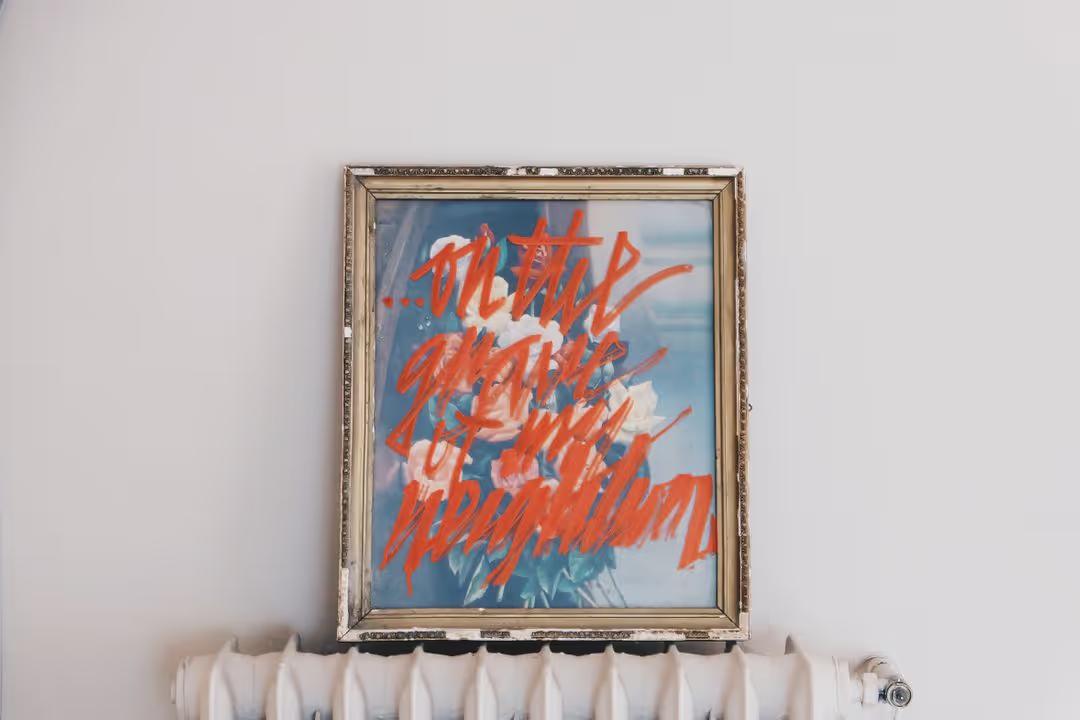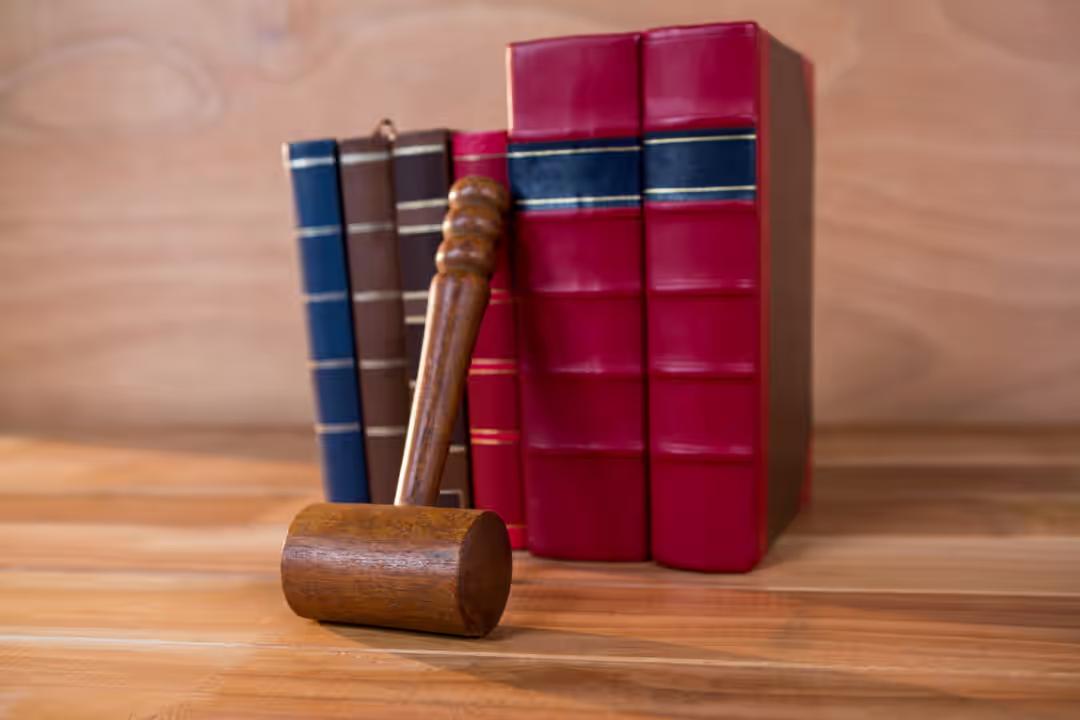If you have an online presence, you’ll need images. If you are using images that may not be yours, you should understand image copyright.
You will be attract by a lot of person who take great pictures, but be careful if you are authorized or you will have a very big fine penalty ticket.
Whether it is for a website, social media channels, advertisements, or anything else, high-quality photos are vital to making your business shine!
Most people will have a selection of images they’ve taken themselves, including products, branding, and so on. However, for businesses that are successful online, there comes a time when more pictures are needed to share your message with potential consumers.






